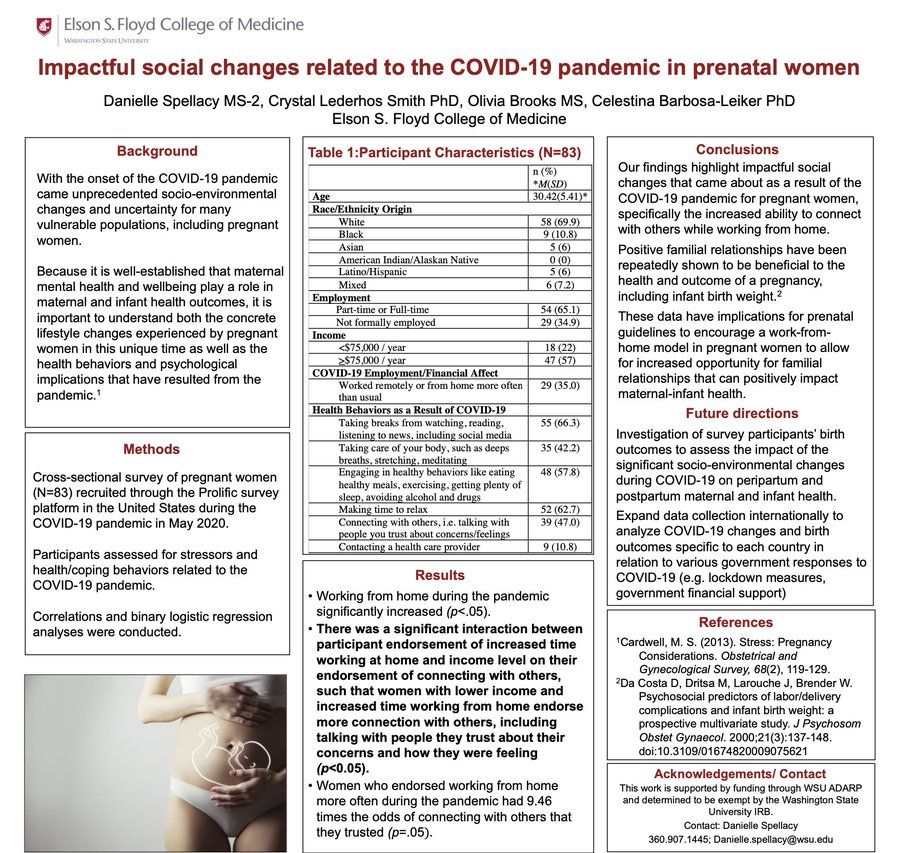“Since December, 2019, the outbreak of coronavirus disease 2019 (COVID-19), which originated in Wuhan, China, has become a global public health threat.1 On Feb 28, 2020, WHO upgraded their assessment of the risk of spread and the risk of impact of COVID-19 to very high at global level. By March 10, 2020, 116 166 cases have been reported globally, causing 4088 deaths. The epidemic has spread to 118 countries around the world.2
With immunocompromised status and physiological adaptive changes during pregnancy, pregnant women could be more susceptible to COVID-19 infection than the general population. As COVID-19 is rapidly spreading, maternal management and fetal safety become a major concern, but there is scarce information of assessment and management of pregnant women infected with COVID-19, and the potential risk of vertical transmission is unclear. In The Lancet Infectious Diseases, Nan Yu and colleagues3 report the clinical features and obstetric and neonatal outcomes of pregnancy with COVID-19 pneumonia in Wuhan, China. The findings of the study provide some indications for clinical assessment and management of pregnant women with COVID-19, but questions remain on how to manage pregnant women infected with COVID-19.”
Link to Article
